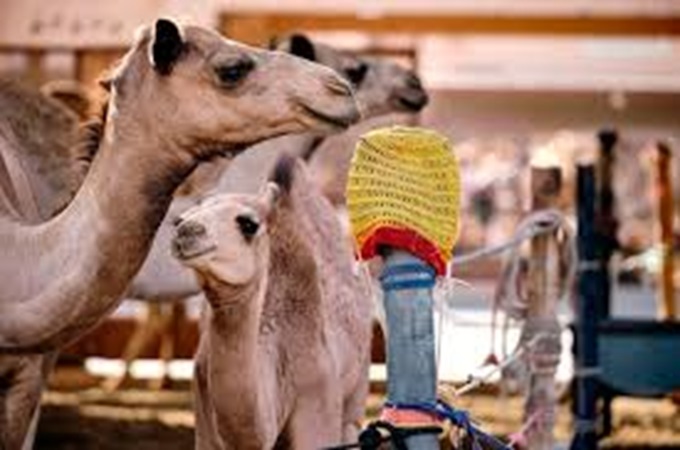The Sharjah Executive Council (SEC) approved several infrastructure and transport development projects, and the establishment of a camel market, while reviewing government performance and the ongoing growth across different sectors, at a meeting, a report said.
The council focused on integrating urban expansion with infrastructure and road networks to support sustainable urban planning, Emirates News Agency, WAM, said.
The review meeting, which was presided over by Sheikh Abdullah bin Salem bin Sultan Al Qasimi, Deputy Ruler of Sharjah and Deputy Chairman of the SEC, at the Ruler's Office, discussed proposals to enhance the public transport system to ensure top-tier services and consistent availability for all residents and visitors of the emirate.
Following the directives of Sheikh Dr Sultan bin Muhammed Al Qasimi, Supreme Council Member and Ruler of Sharjah, the council approved several infrastructure projects, including the paving of internal roads in Al Qarayen 3 and 5 areas, covering 10.4 km and 3.75 km at costs of AED34.2 million and AED12.4 million, respectively.
Additionally, the development of Martyr Sultan bin Mohammed bin Howaiden Street in Al Dhaid was approved, extending 7.2 km from Al Hisn Square to Washah Square, which includes adding a third lane, green spaces, and parking areas, with a total cost of AED65 million.
The council has approved the establishment of a camel market in the Al Dhaid area, near the camel field in response to requests of the local community. The market will serve the central region of Sharjah and its surrounding areas.
The new market will support economic growth by fostering activities central to the region’s traditions, helping to preserve the social heritage of camel raising, buying, and selling.
It reviewed a report from the Sharjah Department of Human Resources (SDHR) on the employment of national cadres in the first half of 2024. The report indicated that 1,000 jobs were filled during this period, with 551 males and 449 females employed across various Sharjah government departments and institutions.
The report detailed the professional categories and academic qualifications of the employed individuals, along with the distribution of jobs across all cities and regions within the emirate.































